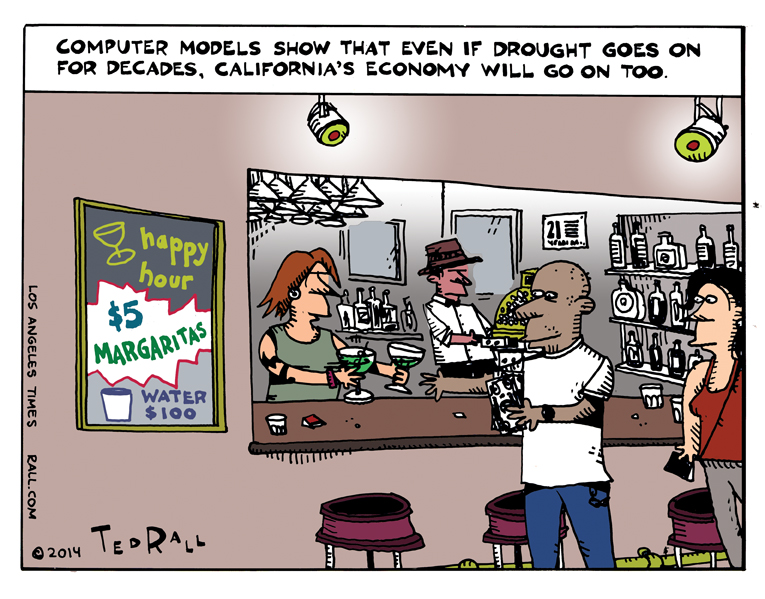I wrote the following for ANewDomain.net:
So this is one of those stories that purports to report about A Thing, and there’s really no way to know whether it really is A Thing and if it is, how much of A Thing it is.
Often media stories about these new developments are so over-the-top that it would be a pity not to make fun of them and make sure that everyone who hasn’t heard of it has been made aware of it in the process. This is kind of like what happened a few years back when The New York Times claimed that doga – yoga with your dog – was A Thing, but no one seemed to have ever personally seen it or witnessed it or even seen a listing for it. (Best Wikipedia line ever: “Doga has received some criticism from the yoga community.”)
Well, now The New York Post is reporting that real human females are inserting electric devices into their special places so they can enjoy a secret moment at work, in the subway, wherever. Devices in this new generation of sex toys are controlled remotely, by an Apple iPhone or iPad…
Read the rest here.




